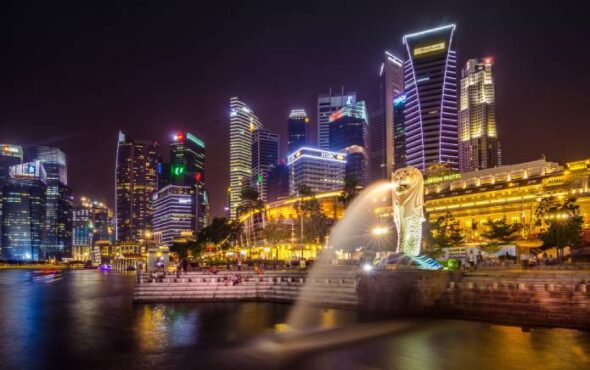
Singapore’s parliament repealed a colonial-era law that criminalised sex between men in a groundbreaking change.
The legislation was introduced during British colonial rule of the country, with punishment being up to two years imprisonment – though this has not been actively enforced in recent years.
Activists in the country have criticised the law as encouraging discrimination and a culture of shame around gay relationships.
There have been a number of failed attempts to repeal it previously.
A gay Singaporean man told the Guardian, it was “one less reason for me to hide my true self, because of some archaic law. But this is just the first step to remove the social and religious stigma that has been upon the community because of outdated beliefs, and media censorship.”
However, government officials have made it clear that they do not intend to legalise same-sex marriage anytime soon.
When the plans to repeal were announced, Prime Minister Lee Hsien Loong stated: “Even as we repeal 377A, we will uphold and safeguard the institution of marriage.”
The government also passed a constitutional amendment on Tuesday that defined marriage as between a man and a woman.
This essentially prevents future legal challenges to marriage inequality.
Benjamin Xue expressed his disappointment surrounding the marriage amendment, though added: “The air I breathe is definitely feeling a lot lighter now.”
He is however hopeful that there will be opportunities for “frank conversation about our queer lives in Singapore,” which might allow for future changes to marriage laws.



